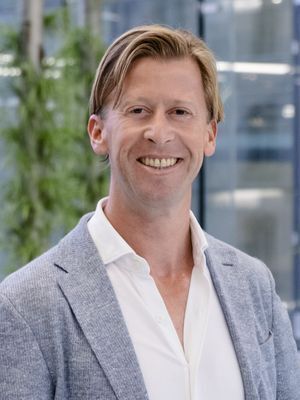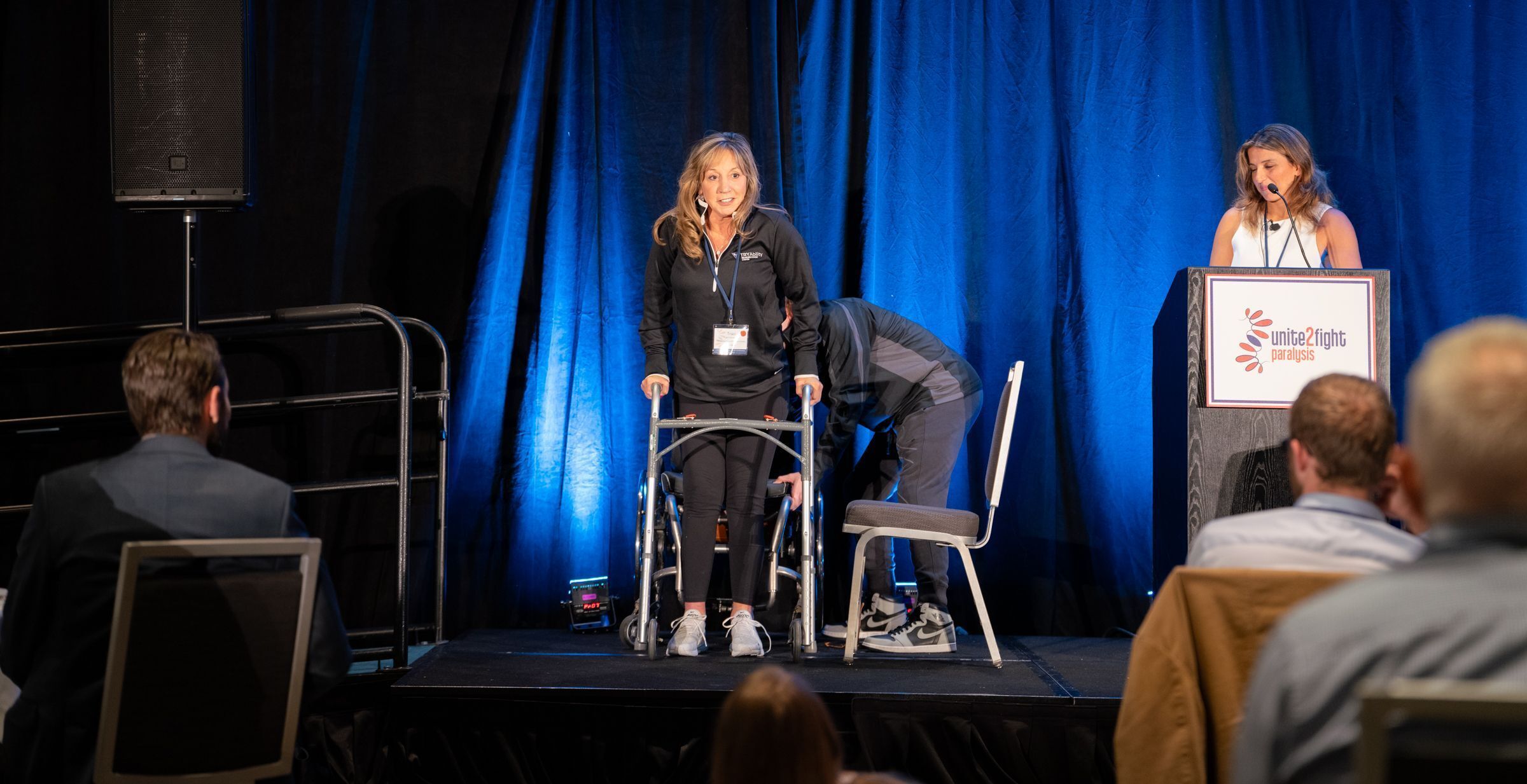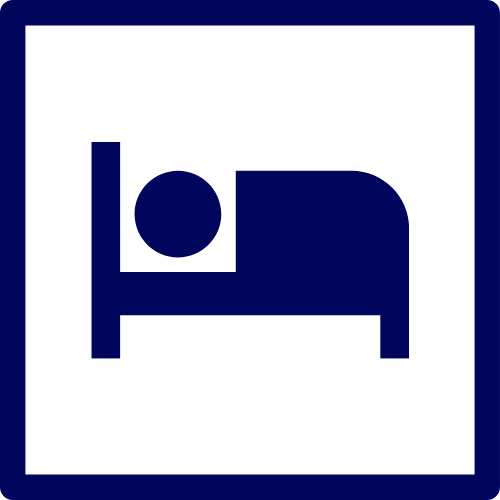
Mark A. Anderson, PhD
Director, Central Nervous System Regeneration, NeuroRestore
Abstract
Regenerating the Spinal Cord
The inability of damaged axons to regenerate and restore function following spinal cord injury (SCI) has been one of the longest standing problems in neuroscience. Despite much progress, there is no approved treatment to repair the human spinal cord. My group is dedicated to achieving this goal and focuses on understanding mechanisms of regenerative failure and developing biological repair strategies to regenerate axons and restore neurological function. We recently demonstrated that restoring neurological function requires the directed regeneration of axons from specific neuronal subpopulations to their natural target region, while regeneration simply across lesions has no effect. To do this, we applied projection specific and comparative single-nucleus RNA sequencing to identify neuronal subpopulations that restore walking after incomplete SCI. We then targeted these neurons using a gene therapy approach to guide the transected axons of these neurons to their natural target region in the lumbar spinal cord. This strategy reversed paralysis following complete spinal cord injury in mice and demonstrates that reestablishing the natural projections of characterized neurons forms an essential part of axon regeneration strategies aimed at restoring lost neurological functions. This understanding also informed experiments that exposed the efficacy of targeting individual requirements to improve neurological functions following incomplete spinal cord damage, or when spontaneous capacities decline due to age. Translating these findings to humans necessitates adapting and scaling up this intervention to a non-human primate model of SCI to demonstrate the preliminary safety and efficacy profile of these strategies.
The results of these studies are published here:
- “Recovery of walking after paralysis by regenerating characgterized neurons to their natural target region” Science 2023
- “Single-cell and spatial atlases of spinal cord injury in the Tabulae Paralytica” Nature 2024
Team members: Jordan W Squair, Alexandra de Coucy, Achilleas Laskaratos, Matthieu Gautier, Viviana Aureli, Quentin Barraud, Bernard L Schneider, Michael V Sofroniew, Jocelyne Bloch, Gregoire Courtine
Bio
Mark A. Anderson, PhD is the Director of Central Nervous System Regeneration at NeuroRestore and the Wyss Center for Bio and Neuroengineering in Geneva, Switzerland. He completed his BSc and MSc degrees in Chemical Engineering from the University of Southern California and worked in industry prior to transitioning into neuroscience. Mark completed his PhD in neuroscience at the Swiss Federal Institute of Technology, Lausanne (EPFL), where he worked with Gregoire Courtine and Michael Sofroniew on developing biological repair interventions for SCI. Following this, he completed a postdoc between EPFL and UCLA prior to becoming a group leader at EPFL. Dr. Anderson's goal is to regenerate the human spinal cord.






















